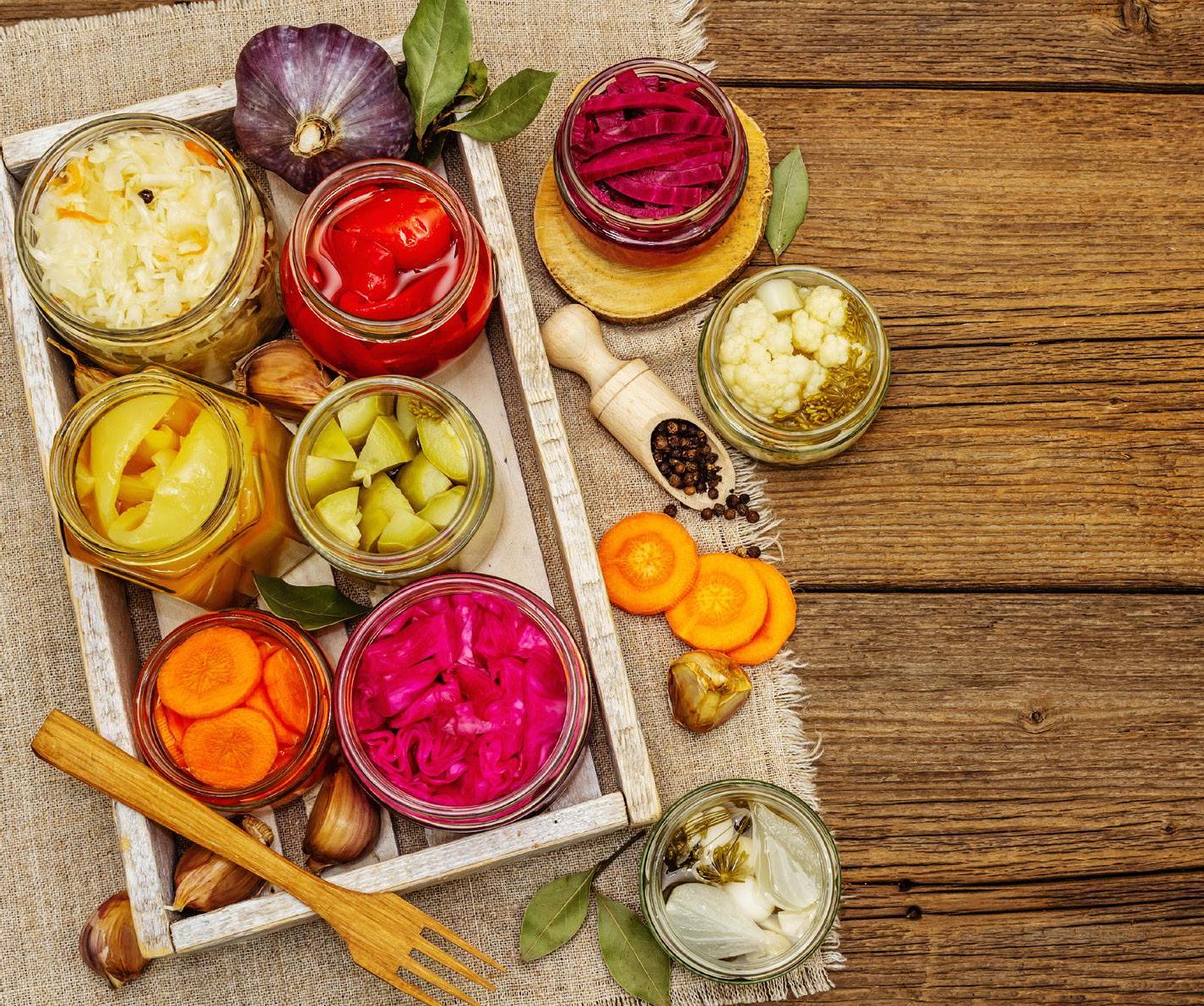
2 minute read
and want reassurance over safety and value
Safe and secure: Consumers in Europe are becoming more risk averse and want reassurance over safety and value
COVID-19 has fundamentally changed the way that consumers think about several things, with people becoming more conscious about aspects of life that they previously took for granted. For instance, consumers are now examining the issue of exposure to germs, viruses, and bacteria more consciously. This is resulting in traits such as re-evaluating the role of packaging from a safety perspective, remaining conscious about crowded areas even when restrictions on movement are lifted, and being worried about other shoppers handling products in-store. As such, consumers are becoming more risk averse.
From a product perspective, this significantly influences food and drink choice, with consumers wanting more information than ever before on the products that they purchase. For instance, the country of origin and distribution process of products is something that is of high importance, especially in an era of uncertainty when they adopt ethnocentric attitudes and want shortened supply chains. Moreover, consumers will also want reassurance that packaging ensures products remain in optimal condition and will also want guarantees over safety practices in retailers.
52%
of European consumers say that they have been more attentive to the country of origin of products in the last twelve months (2021)
45%
of European consumers say that they have changed their attitudes towards packaging in the last twelve months (2021)
Source: COVID-19 survey 2021 (7,000 respondents)
54%
of European consumers say that they are now more attentive to locality claims when buying products (2021)
32%
of European consumers say that they now want more reassurance about the safe handling of products (2021)
As well as wanting more information on the story behind products, consumers will also want evidence that brands are offering the best value for money. In a recessionary environment, shoppers can simultaneously look to reduce spend on products that they do not associate with being good value, whilst also questioning the practices and policies of brands. This means it is crucial that brands are seen to be responsive, empathetic, and compassionate towards the current need states of consumers.
Although concerns about the state of the economy and financial wellbeing exist, consumers will still be willing to trade-up for products that they believe offer maximum value for money. Indeed, consumers will adopt a hi/low approach to purchasing where they spend less on some products in order to justify spending more elsewhere. If brands are to demonstrate that they are good value for money, they need to reassure consumers about safety issues whilst also highlighting how maximum care and attention has gone into the formulation of products.
Consumers want safety reassurances and demonstrations of value along the whole of the supply chain
57%
of European consumers say they are now more conscious about other shoppers handling products in-store (2021)
68%
of European consumers say that they are now trying to save money on their food and drink bills over fear of a recession (2021
62%
of European consumers say that they are now more willing to shop online compared to twelve months earlier (2021)
12%
of European consumers say that they are switching between retailers in order to save money (2021)
Source: COVID-19 survey 2021 (7,000 respondents)










